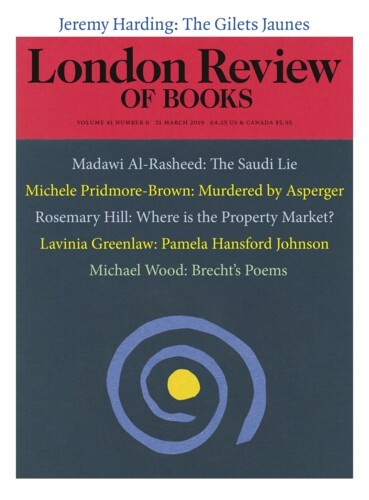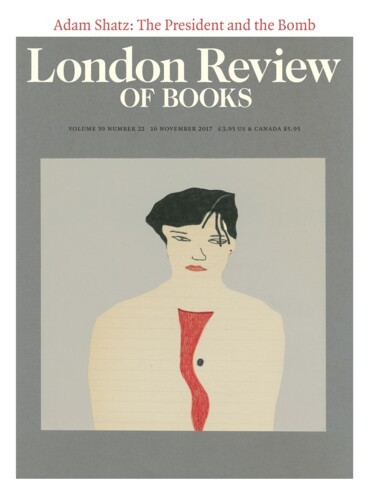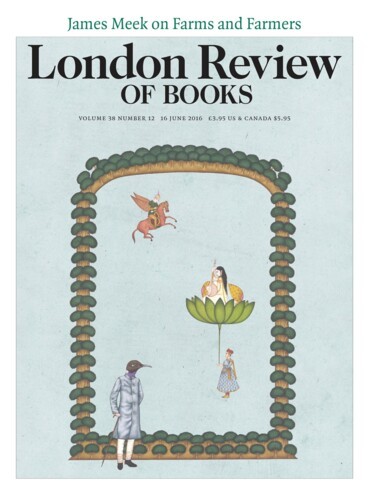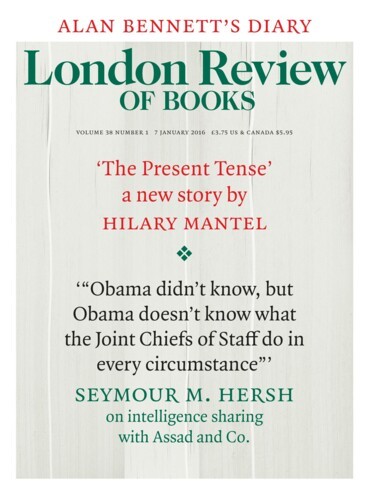He Couldn’t Stop Himself: Justinian’s Wars
Michael Kulikowski, 21 March 2019
Had you been a sixth-century Christian, living in lands that had been or still were part of the Roman Empire, you would probably have met a demon. Every tree, hill and stream, every hovel and hamlet, harboured some threat to mortal souls. Demons coiled round the legs of dying sinners and snatched them up in their gaping jaws. They landed in wine cups and tricked people into drinking them....





